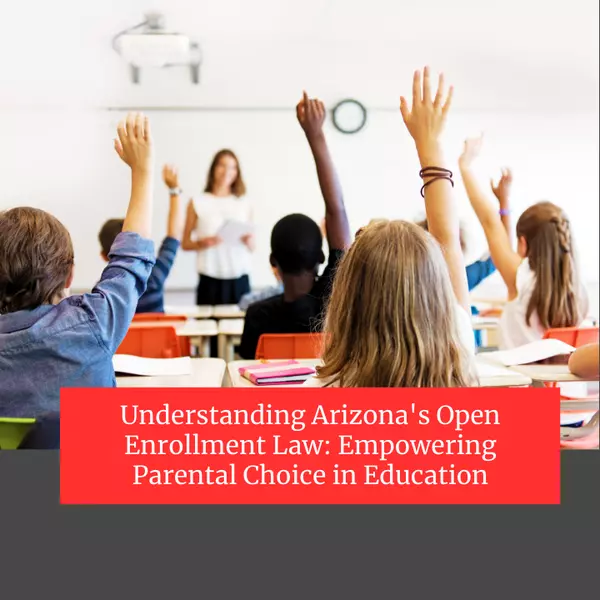
Categories
Recent Posts

How to find the CC&Rs for an HOA in Maricopa County

Understanding Arizona's Open Enrollment Law: Empowering Parental Choice in Education

5 Tips to Selling Your Home for Top Dollar

Buy or Rent in 2023 in the Phoenix Arizona Market?

5 Things to Do to Get Your Arizona Home Ready to Sell

Discover Your Dream Home

Navigating the Current Phoenix Real Estate Market
